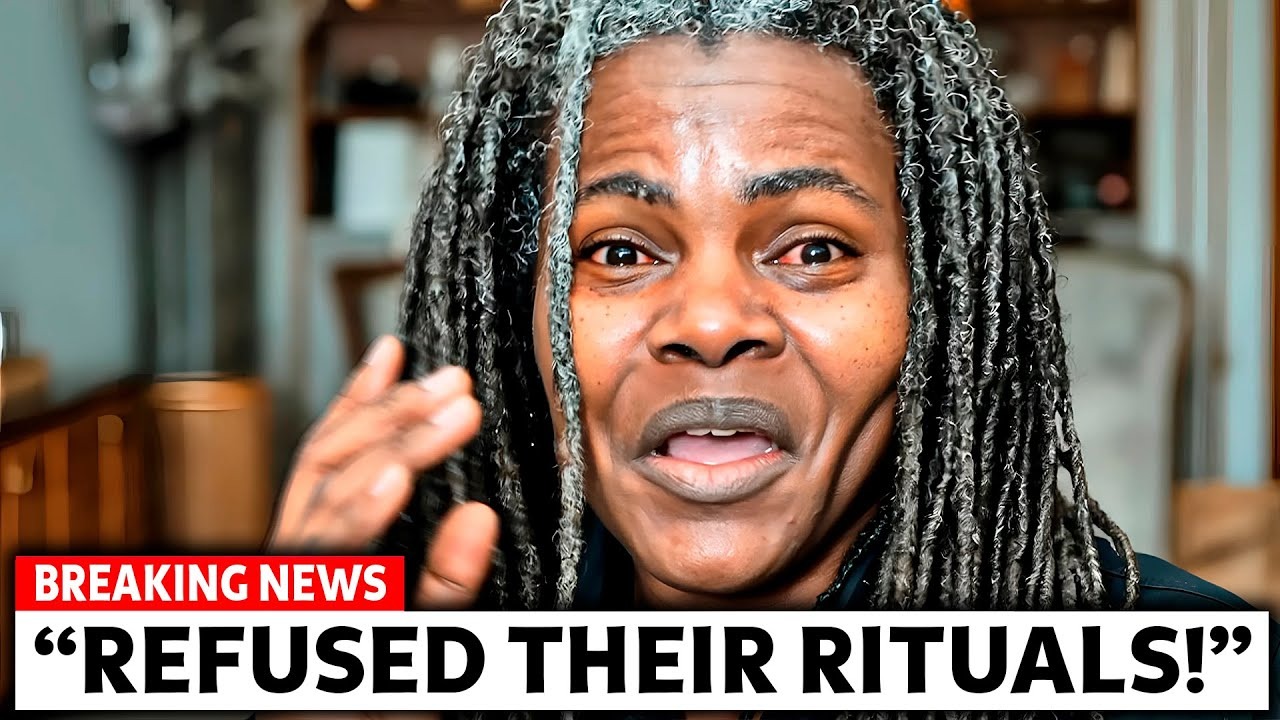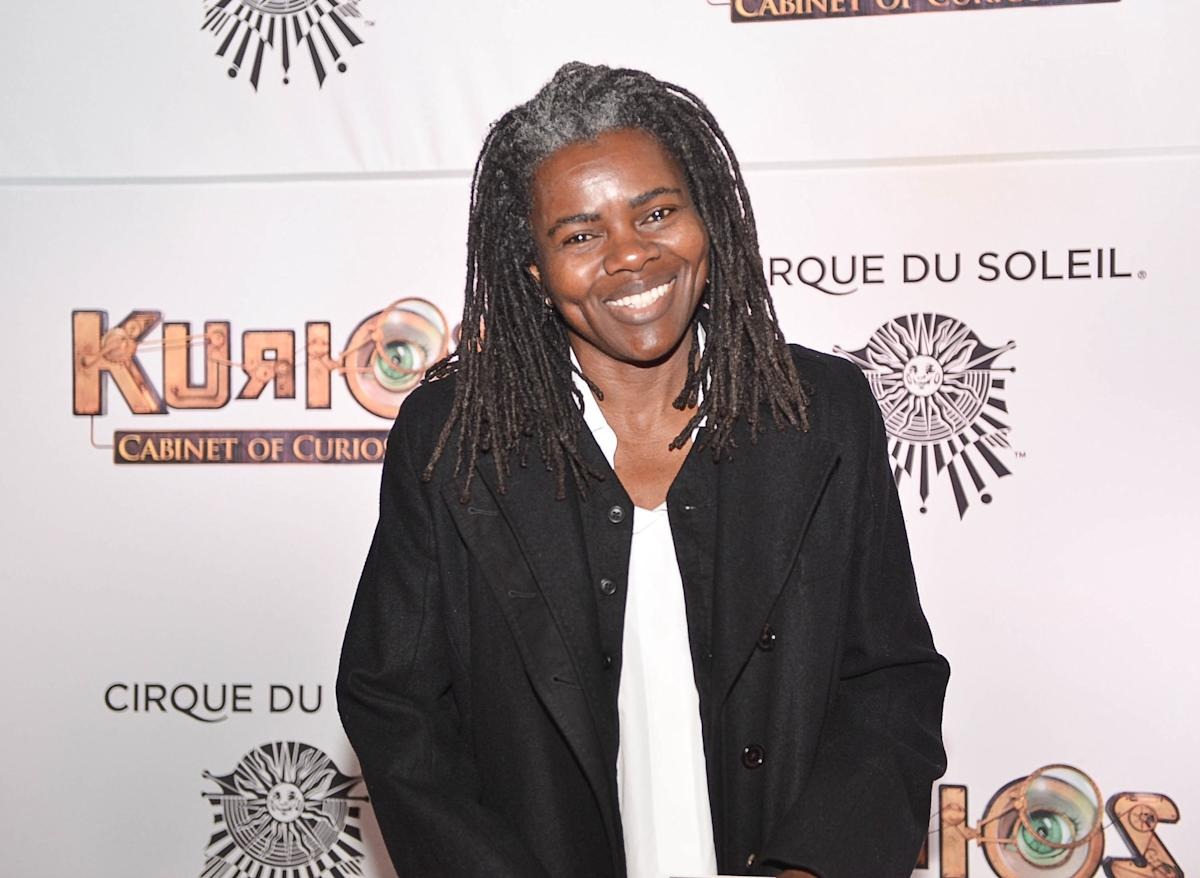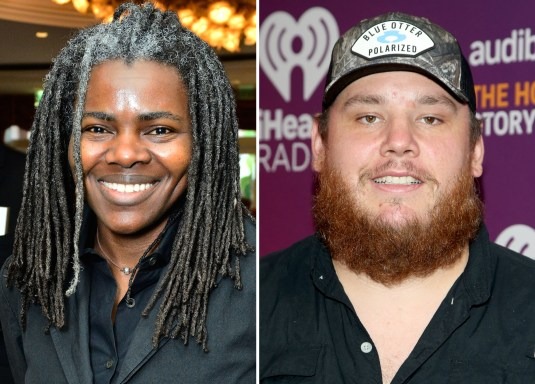# Tracy Chapman: A Defiant Return from Silence

Tracy Chapman, a name synonymous with raw talent and unyielding integrity, vanished from the music industry for over a decade, leaving fans and critics puzzled.
Her sudden fame in 1988 with the debut album featuring “Fast Car,” performed at the Nelson Mandela 70th Birthday Tribute Concert, catapulted her to stardom. Yet, the spotlight brought discomfort, legal battles, and a secret romance with author Alice Walker that she fiercely guarded from public scrutiny. Chapman’s retreat wasn’t just a break; it was a rebellion against an industry she refused to let define her.
From the start, Chapman resisted the music machine. Her performance at Wembley Stadium, initially a filler act, mesmerized 72,000 attendees and 600 million viewers worldwide, earning her album multi-platinum status and three Grammys.

However, unlike typical artists, she found the fame “scary” and retreated from the industry’s expectations—avoiding talk shows and events, prioritizing privacy over promotion. Her hit “Fast Car” became a working-class anthem, challenging economic inequality, which made her a threat to an establishment that thrives on control. Chapman’s early success gave her leverage, allowing her to maintain artistic authenticity over commercial compromise.
By the 1990s, her pattern of success followed by disappearance frustrated executives. Albums like *Crossroads* proved her talent, but she rejected constant touring and industry input, valuing personal comfort over fame.
Her relationship with Walker, a high-profile figure, could have boosted her publicity, yet Chapman remained silent, even after a bitter split involving legal disputes. This only deepened her resolve to stay reclusive. As the digital era emerged, she refused social media and streaming trends, leading to reduced airplay and cultural sidelining by an industry punishing her non-compliance.
Her no-sampling policy further isolated her, costing opportunities in hip-hop and R&B. In 2017, Nicki Minaj’s unauthorized use of “Baby Can I Hold You” led to a lawsuit, resulting in a $450,000 settlement in Chapman’s favor, proving her legal strength and commitment to artistic control. This victory underscored her decades-long fight for independence. By owning her masters and diversifying investments, she freed herself from industry chains.

In 2023, Luke Combs’ cover of “Fast Car” topped country charts, making Chapman the first Black woman to write a number-one country song, earning her $500,000 in royalties and renewed relevance.
Her 2024 Grammy duet with Combs was a triumphant return, showcasing her enduring talent at 60. Chapman’s journey—rejecting industry demands, maintaining integrity, and achieving cultural impact—proves true artistic independence can outshine manufactured success. She stood firm, emerging stronger, a testament to the power of refusing to surrender.

